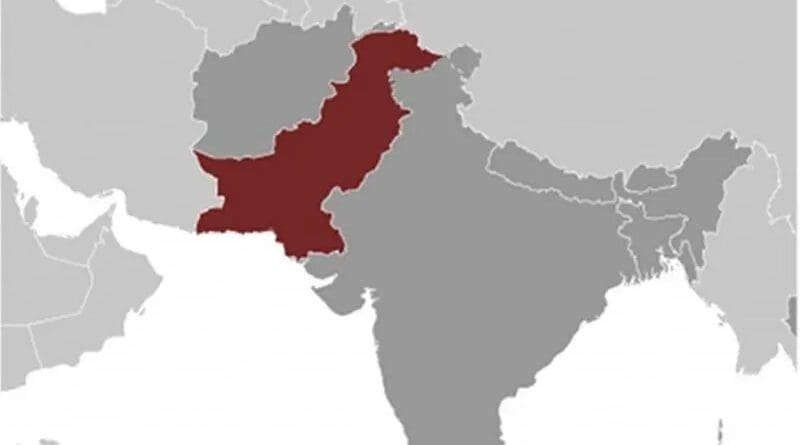Withdrawing The MFN Status To Pakistan: Legality And Implications – Analysis
By IPCS
By VP Haran*
The Most Favoured Nation (MFN) treatment is the fundamental basis of multilateral trade conducted under the World Trade Organization (WTO) rules. It simply means that WTO members will not discriminate among other members, except as specifically provided for in the rules. Multilateral trade rules embodied in the General Agreement on Tariffs and Trade [GATT], were framed in the immediate years following the World War II, which probably prompted the framers of the rules to provide for exceptions to the general rule on grounds of National Security, via Article XXI. There are other exceptions as well, in Article XX of the GATT. In the context of reports that India will be reviewing its 1996 decision to extend the MFN status to Pakistan, it will be useful to understand the legal position, in view of our commitments in the WTO and under SAFTA.
Pakistan, which is bound by WTO rules to extend the MFN status to India has not done so, using the provisions of Article XXI. India has not taken the issue to the WTO dispute settlement mechanism, partly because it is difficult to challenge Pakistan’s subjective assessment on security issues. Nor has New Delhi reconsidered withdrawing the 1996 decision – probably because it gives us bragging rights that we have been extremely reasonable in dealing with Pakistan. Article XXI ‘Security Exceptions’ of GATT states that:
“Nothing in this Agreement shall be construed…(b) to prevent any contracting party from taking any action which it considers necessary for the protection of its essential security interests…(iii) taken in time of war or other emergency in international relations; or (c) to prevent any contracting party from taking any action in pursuance of its obligations under the United Nations Charter for the maintenance of international peace and security.”
The critical phrase – “which it considers necessary” – gives a member state nearly unfettered rights to invoke this provision at its own discretion, which is what Pakistan has used, to deny the MFN status to India. In the mid-1980s, following a ban on imports of goods and services from Nicaragua by the US, the former approached the GATT. The US argued that validity of its decision to invoke Article XXI cannot be examined by the GATT Panel and succeeded in getting this critical point excluded from the terms of reference to the Panel.
The answer to whether or not India has the right to withdraw the MFN status to Pakistan on security considerations is a most definitive yes. When Pakistan has invoked a security exception to deny India an MFN status, New Delhi would be justified in reciprocating for the same reason and under the same provision; and Pakistan will have no case to take to the WTO. Furthermore, recent developments near the India-Pakistan border would constitute an emergency in New Delhi’s relations with Islamabad, which would justify the decision to withdraw the MFN status.
All members of the South Asian Association for Regional Cooperation (SAARC) are required to extend MFN treatment to fellow members, under the South Asian Free Trade Agreement [SAFTA]. SAFTA also provides for some exceptions, one of which is national security. Article 14(a) of the SAFTA states that:
“Nothing in this Agreement shall be construed to prevent any Contracting State from taking action and adopting measures which it considers necessary for the protection of its national security.”
This provision is modeled after Article XXI of the GATT and here again, the member can adopt “measures which it considers necessary”. The measures are left to the discretion of the member and India would be justified in withdrawing the MFN status in the present circumstances. Its assessment in this regard is beyond challenge.
While India would be on firm legal ground in withdrawing the MFN status granted to Pakistan, what would the practical implications be? It will be a strong political message to Pakistan, but more importantly, to domestic public opinion that the government means business in facing up to the security challenges from the western frontier.
It is uncertain whether it will have serious economic consequences for Pakistan. Pakistan’s exports to India in 2015-16 was $441 million – 1.56 per cent of its total exports – and much of it was primary products. On the other hand, India’s exports through regular channels to Pakistan in 2015-16, despite the denial of MFN status, was $2.17 billion. Pakistan could retaliate by restricting imports of several items from India.
On the economic front, the scores may be even; but on political terms, India would have scored a point.
* VP Haran
Former Indian Deputy Permanent Representative to the WTO, Geneva, and former Indian Ambassador to Syria & Bhutan

